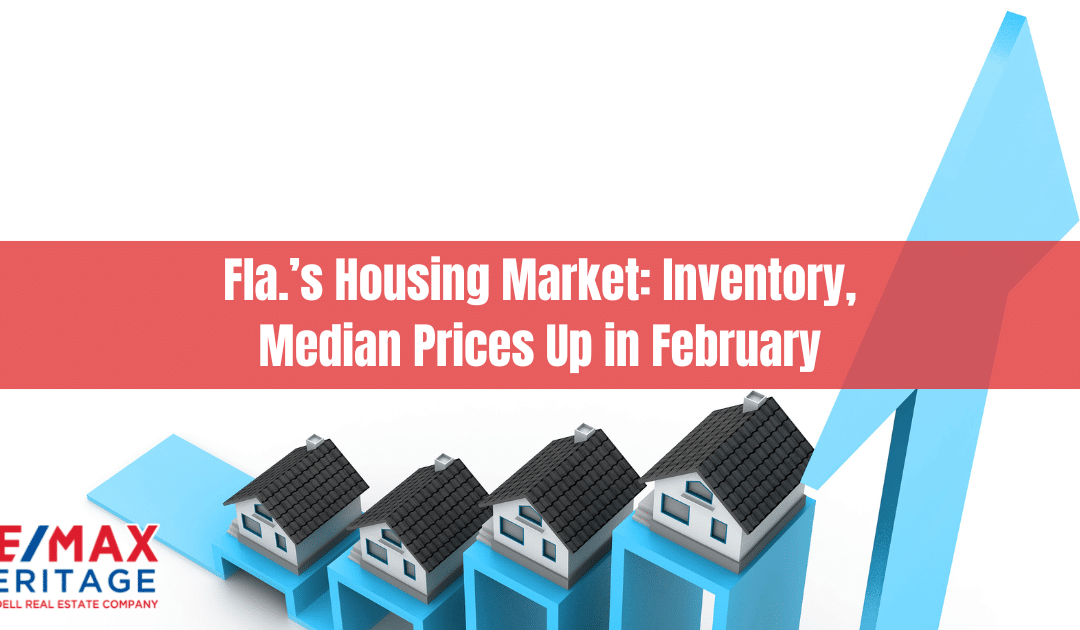
by Elsa Soto | Mar 22, 2023 | Blog, Buyers, Homeowners, Homes, Villas and Condos, News, Real Estate News, Sellers
Median Prices Up in February Fla.’s Housing Market: Inventory, Median Prices Up in February ORLANDO, Fla. – Florida’s housing market in February continued to show increasing inventory (active listings) and higher median prices compared to a year ago, according to...
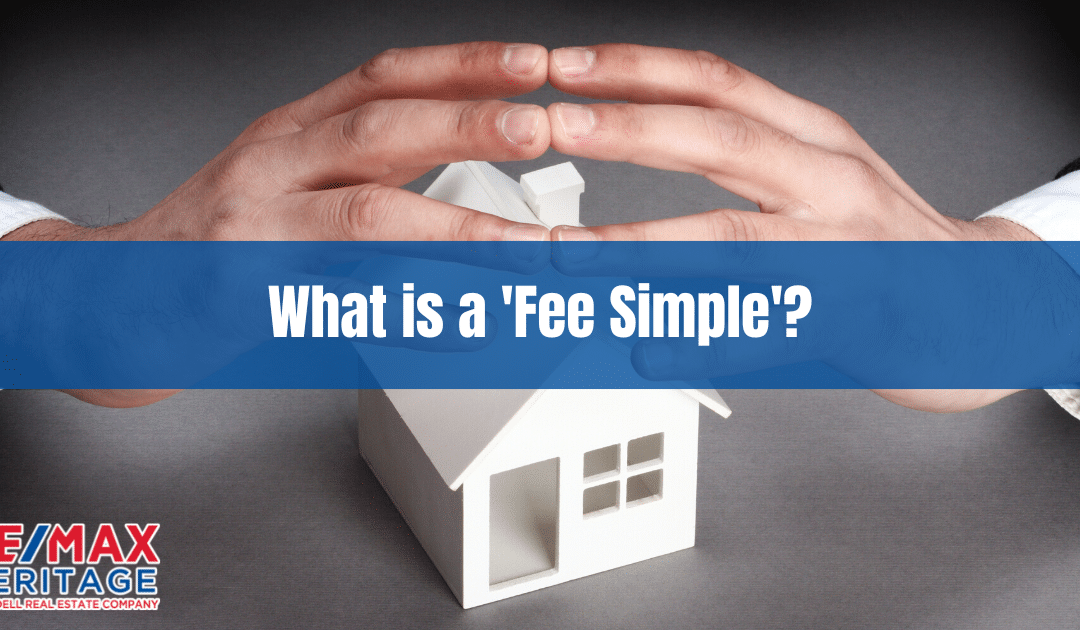
by Elsa Soto | Mar 21, 2023 | Blog, Buyers, Homeowners, Homes, Villas and Condos, News, Real Estate News
What Does ‘Fee Simple’ Mean? What Does ‘Fee Simple’ Mean? The term “fee simple” is typically found on a house’s official deed, one of those nondescriptive real estate terms whose meaning is not clear immediately—or even after a few hours’ pondering. You might have a...
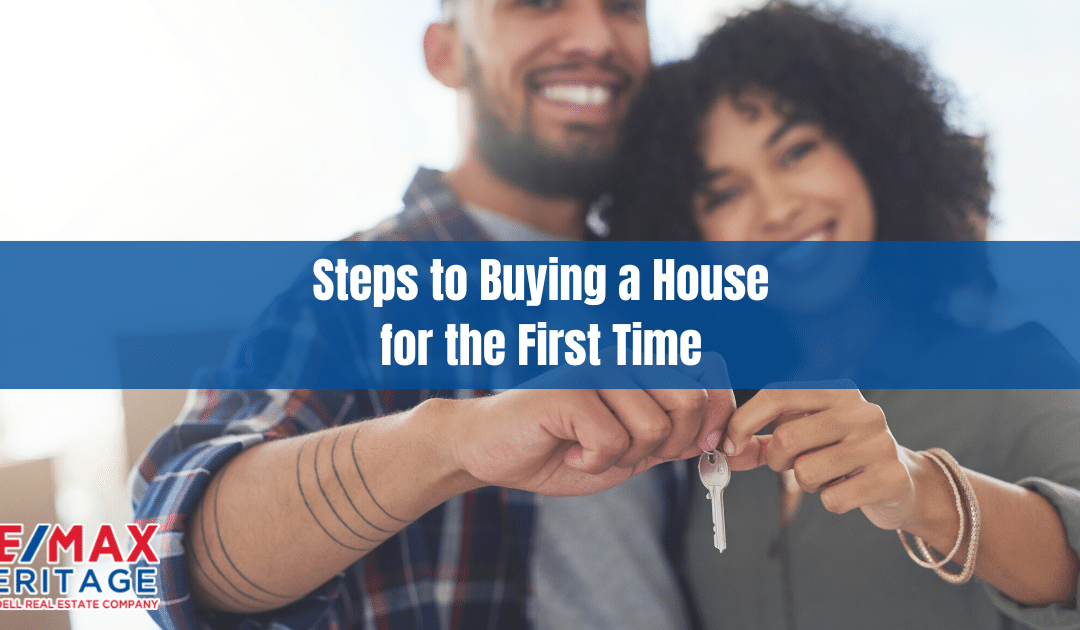
by Elsa Soto | Mar 14, 2023 | Blog, Buyers, Homeowners, Homes, Villas and Condos, News, Real Estate News
Steps to Buying a House for the First Time Steps to Buying a House for the First Time The steps to buying a house for the first time might seem complicated—particularly if you’re a home buyer trying to purchase real estate with no prior experience. Between down...
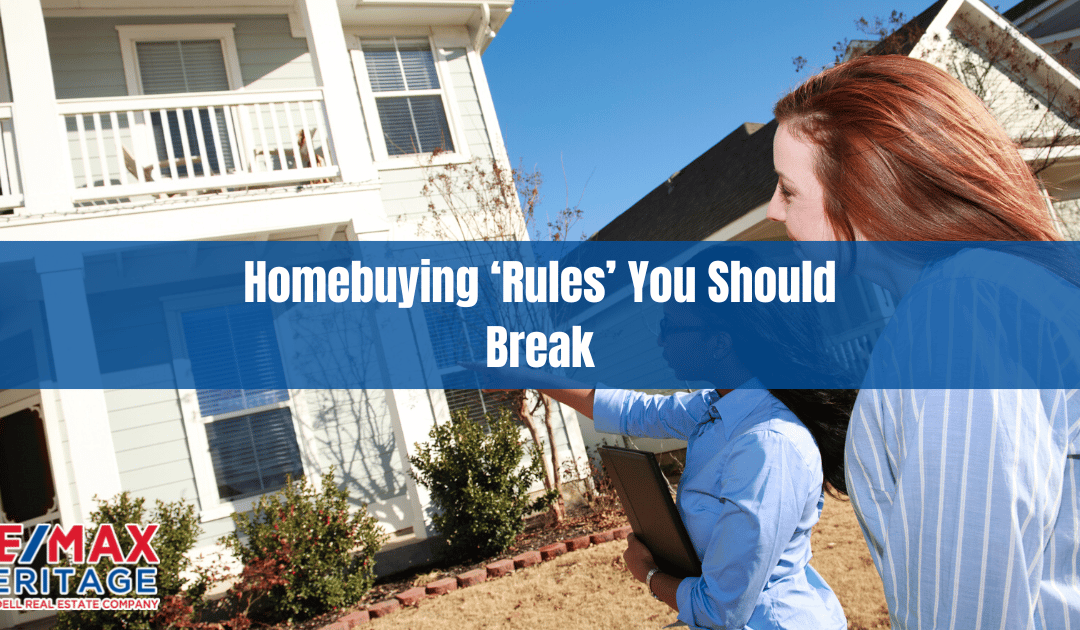
by Elsa Soto | Feb 28, 2023 | Blog, Buyers, Homeowners, Homes, Villas and Condos, News, Real Estate News
Homebuying ‘Rules’ You Should Break Homebuying ‘Rules’ You Should Break It’s been a mad, mad world the past few years, and that very much includes the real estate market. But the times, they are a changin’—yet again. And the good news for potential homebuyers is that...

by Elsa Soto | Feb 21, 2023 | Blog, Buyers, Homeowners, News, Real Estate News, Sellers
How to become a real estate agent How to become a real estate agent If you’re wondering how to become a real estate agent, you’re not alone. It’s a question thousands of people Google every month in America, as they consider joining the millions of real estate...
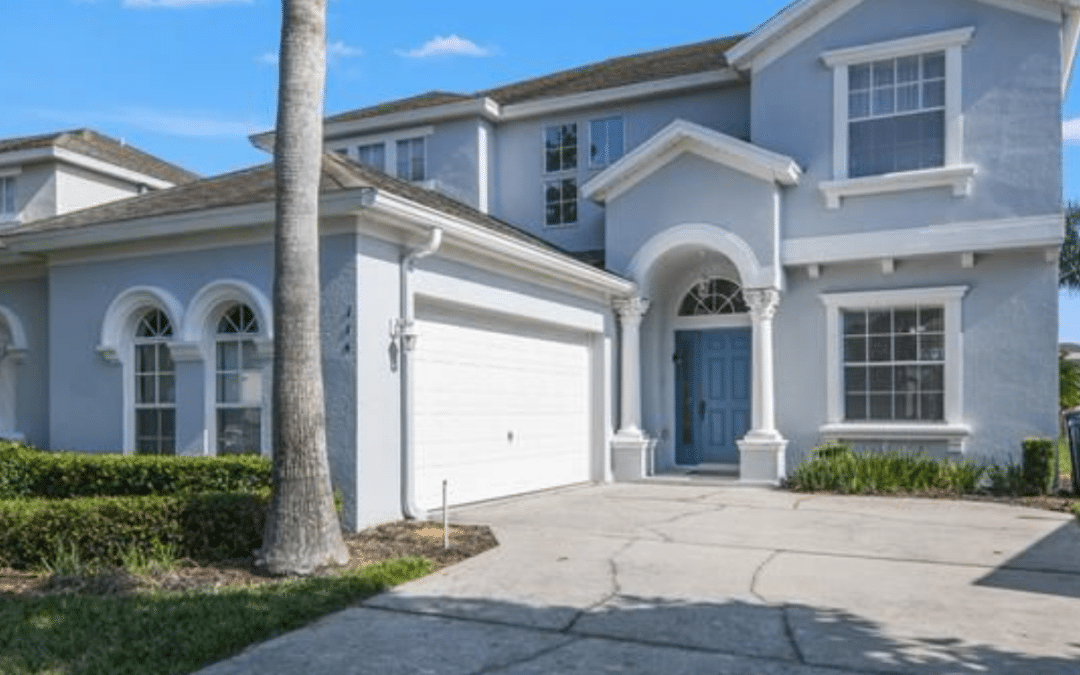
by Elsa Soto | Feb 18, 2023 | Blog, Buyers, Homeowners, Homes, Villas and Condos, New Listing, News, Property for Sale, Property for Sale in Orlando, Sellers
Beautiful Two Story Haines City House Just Listed 114 Minniehaha Cir, Haines City, FL Click Here to Get Directions $459900 5bed – 5bath – 7518 sqft lot Photos | Maps & Local | Schools | Print Located in the well maintained, guard gated community of...








